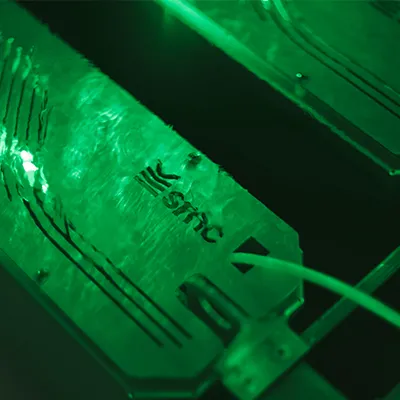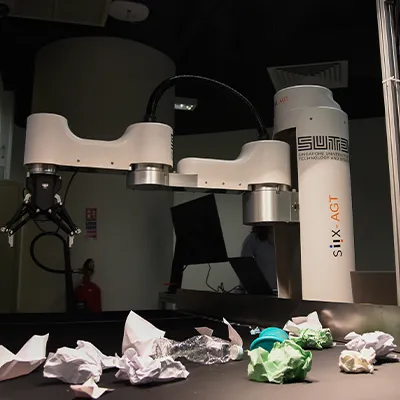Singapore's central bank will collaborate with the financial industry in a pilot project to explore the economic potential and usefulness of asset tokenisation.
The initiative, labelled Project Guardian, was launched by Deputy Prime Minister and Coordinating Minister for Economic Policies Heng Swee Keat at the Asia Tech x Singapore Summit on Tuesday (May 31).
Mr Sopnendu Mohanty, chief fintech officer of the Monetary Authority of Singapore (MAS), said in a statement on Tuesday that lessons from Project Guardian will serve to "inform policy markets on the regulatory guard rails that are needed to harness the benefits of decentralised finance (DeFi), while mitigating its risks".
Tokenisation is the process of digitalising high-value assets such as deposits and dividing them into bite-sized securities that are represented and safeguarded on a blockchain.
The digital securities are secured by an underlying asset, which distinguishes them from more volatile tokens such as cryptocurrencies like Bitcoin.
A blockchain is a digital ledger of transactions maintained by a network of computers in a way that makes it difficult to hack or alter. This allows users to deal directly with one another without the need for banks or other intermediaries.
By breaking down the asset, tokenisation enables a larger pool of borrowers or investors to gain access to previously unattainable assets, thereby enhancing economic inclusion and increasing liquidity in the financial markets.







